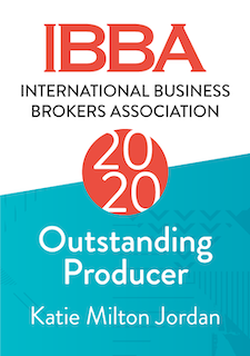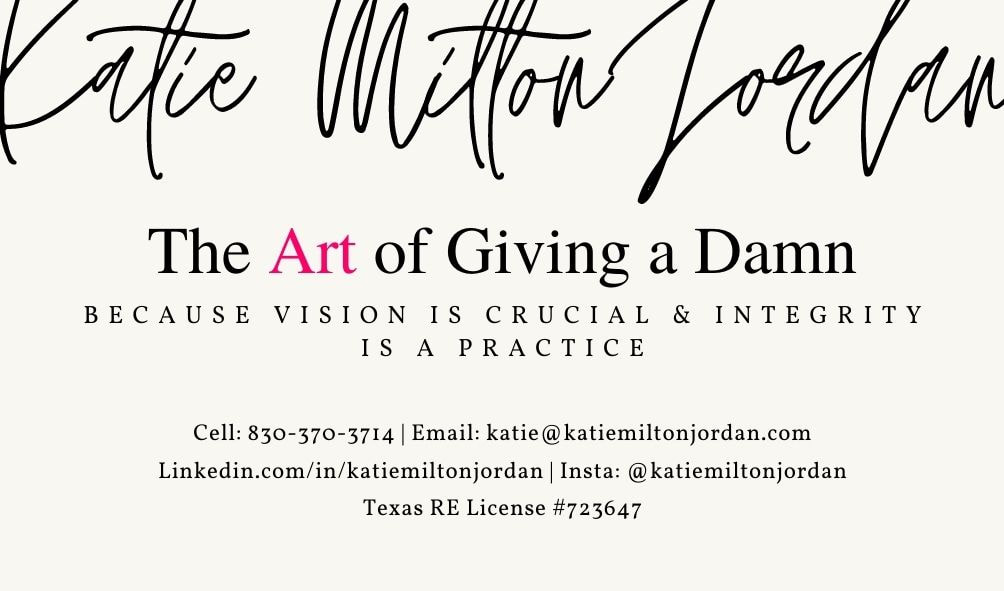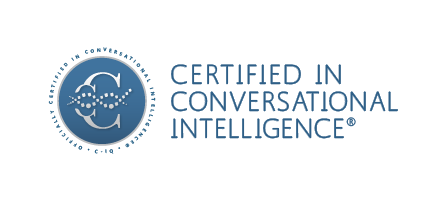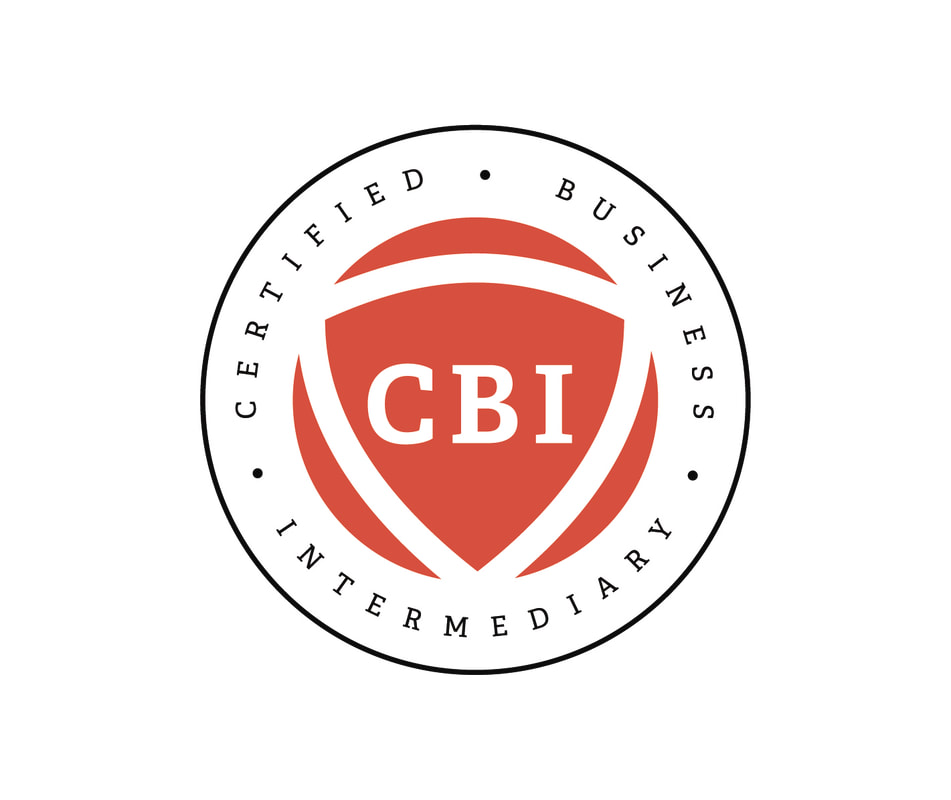|
If this is your first time buying or selling a small business you might not know what an LOI is -- it stands for Letter of Intent and is a document that we use to help a small business buyer make a non binding offer to a seller of a business that specifies their intent to purchase the business after certain contingencies and due diligence items are met. If you've been following me for a while, you may know that there are about 30 different steps that must be successfully executed on the path to a successful business sale.
If or when any of those steps fails, you return to the beginning to start the entire process over again. Now might be a good time to share some insightful statistics about the business buying and selling process:
As you may see, these statistics inform many of the actions we take as professional brokers and may be helpful to keep in mind as you navigate the buying/selling process. The LOI, or non binding letter of intent to purchase, is a step near the end of the entire process. My colleague and mentor, Clint Fiore, has said on several occasions, that it is after the LOI that our role as business brokers becomes most significant or crucial. Candidly, after the LOI is where masterful business brokers earn their money. And so here I sit, after LOI on my very first engagement, up to my eyeballs with what we in the industry refer to as deal drama. I'm optimistic that both buyer and seller are motivated enough to creatively solve the challenges that we are facing and my team and I are competent enough to successfully steward this transaction to the closing table. In the meantime, here are a few lessons I'm taking away from the experience: For Buyers:
For Sellers:
And I'm curious to know your thoughts: which of these tips resonates most for you? What would you add? |
Author
Archives
August 2022
Categories
All
|

Katie Milton Jordan :: Texas Business Broker
222 Sidney Baker Street South Suite 213 Kerrville, Texas 78028 Open M-F 9am - 5pm & by appointment 830-370-3714 |
Made with ❤️ in Kerrville :: Soon to be the Small Business Capital of Texas.


 RSS Feed
RSS Feed



